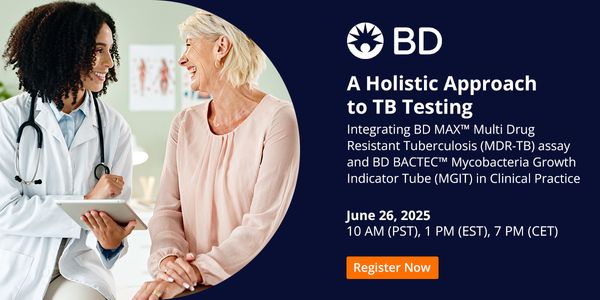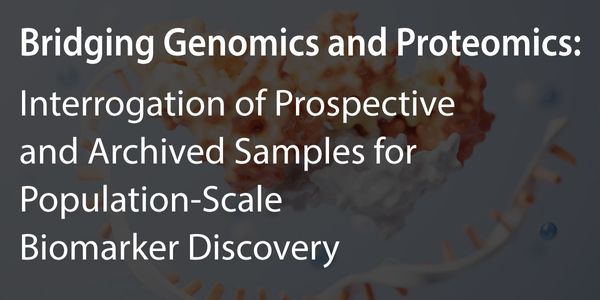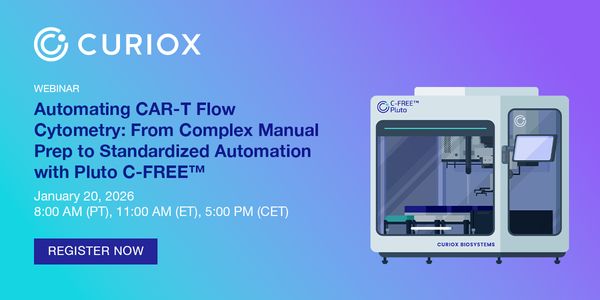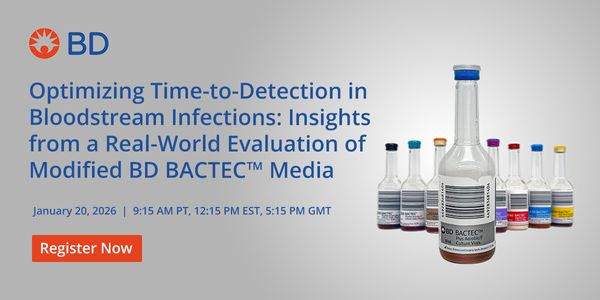Director, Genome Informatics at Human Genome Sequencing Center, Baylor College of Medicine, Houston, TX
BIOGRAPHY

Speaker
Date & Time
DATE: December 18,2018
TIME: 10:00am PST, 1:00pm EST
Abstract
Precision medicine anticipates the clinical application of whole-genome sequencing (WGS), as evidenced by the commitment of large-scale clinical programs such as All of Us to generating and reporting WGS data for millions of individuals. Execution of the required data analysis, from sample accession to variant calling to interpretation and return of results, requires scientific innovation in clinically compliant environments, at unprecedented scales. To fully leverage the value of whole-genome sequencing, variant detection methods must capture the full spectrum of genetic architecture across strongly heterogeneous sets. Here we describe an at-scale informatics model for at-scale WGS, drawing from methods hardened in existing large-scale programs that span many ethnicities, sequencing platforms, data quality and experimental design.
Experience with large-scale WGS has resulted in a collection of software methods, cloud-based protocols, and harmonized best practices for comprehensive variant data analysis across multiple experimental designs. The unified HGSC application includes full small (xAtlas, GLnexus) and structural variant (Parliament2, muCNV) calling via consensus methods optimized for the NIH-compliant GRCh38 protocol and container-based cloud deployment. Applied to more than 50,000 whole genomes across dozens of experimental designs and ethnicities, we have characterized the impact of coverage depth, read quality, and sequencing platform on genomic variation assessment, harmonizing HiSeq X and NovaSeq heterogeneities and resulting in quality control “better” practices validated against high-confidence truth sets and genotype-phenotype association studies. Specifically, a 35,000 multi-ethnic cohort association of SVs and cardiovascular phenotypes suggests the need for comprehensive variation in the clinic.
These large-scale research efforts are joined with the HGSC Clinical Laboratory’s clinical infrastructure, including automated clinical reports (Neptune), HIPAA-compliant PHI intake and tracking (eDAP) and clinic-grade CNV calling (Atlas-CNV). This infrastructure has processed more than 35,000 clinical samples, returning automated reports for ACMG 59 genes, pharmacogenomic regions, and cardiovascular risk score sites. For the All of Us program, the HGSC has merged these functionalities into a single clinical informatics environment that will serve thousands of users and serve as a model for WGS clinical population analysis.
You May Also Like
JAN 14, 2026 | 10:00 AM
Join us for an insightful webinar to discuss a holistic approach to testing for TB in a clinical setting. Tuberculosis remains a global health challenge and accurate, timely diagnosis is cri...
JAN 15, 2026 | 8:00 AM
Personalized medicine promises to significantly improve patient outcomes, but achieving this requires a deep understanding of human health and disease mechanisms at the molecular level. The...
JAN 20, 2026 | 11:00 AM
CAR-T translational research demands precise, reproducible, and scalable flow cytometry workflows. Manual centrifugation and antibody preparation steps remain major sources of variability an...
JAN 20, 2026 | 9:15 AM
Bloodstream infections (BSIs) remain a critical challenge in clinical care, where every hour of delay in diagnosis can significantly impact patient outcomes. This webinar explores findings f...
JAN 21, 2026 | 8:45 AM
C.E. CREDITS
Lipid nanoparticles (LNPs) have become the gold standard in non-viral gene delivery technologies, exemplified by the approval of the LNP messenger RNA (mRNA) vaccines against SARS-CoV-2. Sin...
JAN 22, 2026 | 8:00 AM
Cell line development (CLD) is often a critical bottleneck in biopharmaceutical production, often requiring labor-intensive workflows and multiple sequential screening steps that extend time...
Loading Comments...
Please update your information
Certificate of Participation
Thank you for choosing Labroots. Please note that a Certificate of Participation does NOT count towards Continuing Education Credits.
DOWNLOAD CERTIFICATE
DOWNLOAD CERTIFICATE
You must watch the entire webinar to receive your certificate of participation.
You must attend the event before receiving your certificate of participation.
You must register for the event first.
Certificate is no longer available for this event.
You must be logged in to retrieve your certificate.






